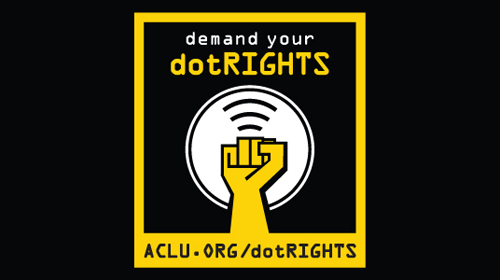
The big news in the business world this week is FacebookŌĆÖs ongoing , where the company is selling shares to the public based on an estimated value of around one hundred billion dollars. [Or, as Dr. Evil would say: .]
Where does that kind of valuation come from?
Certainly, some of it comes from FacebookŌĆÖs infrastructure and employees. But most of that value comes from FacebookŌĆÖs users. Investors are willing to put a price tag like that on Facebook because close to a billion people around the world connect and share with others through Facebook. These investors hope that Facebook will be able to turn its ŌĆ£ŌĆØ about its users into advertising and other revenue.
The question is: will Facebook generate revenue while respecting privacy and protecting user data or by abusing its most valuable asset?
As the , Facebook needs to ŌĆ£better match ads to peopleŌĆØ while it ŌĆ£avoid[s] violating its usersŌĆÖ perceived sense of privacy.ŌĆØ ThatŌĆÖs an odd way of phrasing it, though: suggesting that itŌĆÖs only usersŌĆÖ perceived sense of privacy in play makes it sound like thereŌĆÖs nothing more than hurt feelings at stake. But with the wealth of intimate information that Facebook collects directly and indirectly about its usersŌĆöfrom sexual orientation to religious beliefs to current locationŌĆöthe potential to be involuntarily outed, stalked, harassed, or profiled is very real.
And Facebook doesnŌĆÖt have the best record of protecting this information. In particular, weŌĆÖve called on Facebook to that allows third party apps that a user doesnŌĆÖt run herself to access her data without her knowledge, but thatŌĆÖs one of several privacy concerns that remain unaddressed. As a result, recent polls find that . Not coincidentally, the same poll shows that most users rarely or never click on ads on Facebook and wouldnŌĆÖt feel safe making a financial transaction through Facebook.
ThatŌĆÖs why this IPO is an opportunity not only for investors but for Facebook users too. Facebook is now accountable to its shareholders to generate a return on their investmentŌĆöbut it can only do so if users trust it enough to continue to make it a part of their online lives. So the IPO is a great opportunity to pressure Facebook to protect what makes it so valuable: its usersŌĆÖ data.
We need to keep pushing Facebook to protect our privacy by giving users better control of the information that is shared with third parties and with Facebook itself. We have an demanding that Facebook take steps to better protect our personal information.
And after youŌĆÖve signed it, you might even share it with your friends on FacebookŌĆ”


